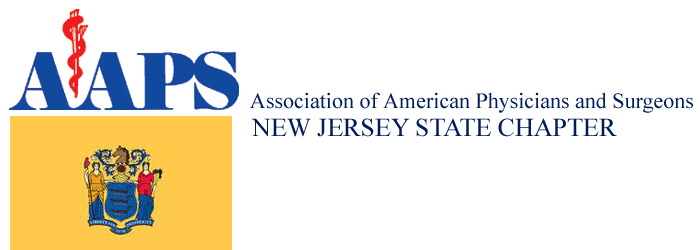Government Job Creation Is Not Always a Good Thing
 Saturday, September 10, 2011 at 03:47AM
Saturday, September 10, 2011 at 03:47AM By Alieta Eck, M.D.
When economist Milton Friedman observed mine workers in China digging a canal using shovels, he asked why they were not using modern machinery. He was told that this was a “jobs program” and that using shovels employed more workers. Friedman then quipped that they should give the workers spoons, not shovels. China had lost sight of the fact that the purpose of the work was to build a canal to increase commerce and enhance the lives of the citizens. Using machinery would lower the cost of the project and benefit the taxpayers.
When the government hires someone, the goal should be to provide for the common good and benefit those who are footing the bill. Value needs to be a primary consideration, as creating a job for the job’s sake only robs the taxpayer. Every dollar that is taxed or borrowed makes the taxpayer less free and less able to spend his own money on the needs of his own family. Taxes should be carefully spent.
With medical care, the first question must be, “Is providing medical care the proper role of government?” Then secondly, “If the government is going to provide a safety net for the poor, what is the most efficient way to do this?”
When Medicaid began in 1965, poor patients were given a card that entitled them to go to a doctor with the doctor sending the bill to the government. At first this seemed to work. The government paid the going rate—the rate the doctor needed to pay his staff and office overhead. This continued for about 20 years or so, until the law of unintended consequences overwhelmed the system.
Government money flowed. Medical costs went up, and the economy struggled. The government responded by ratcheting down the fees, and physicians dropped out. By 1990, the Medicaid payments were below the cost to provide the service, so patients on Medicaid had difficulty finding a physician.
Along came the idea of the Federally Qualified Health Centers (FQHCs).
FQHCs are privately owned clinics that are non-profit. If they can prove they will be providing care in an underserved area, they are given $600,000 in federal dollars to start. This does not represent good value to the taxpayer. Key employees are well compensated and the board is often given extravagant expense accounts. Travel and “recruitment expenses” can reach hundreds of thousands of dollars without attracting notice.
FQHCs lobby for money from the federal and state governments, get “enhanced” Medicaid dollars, and have full medical malpractice coverage by the federal government. They see the poor, but also see people with insurance or who pay cash. They claim costs of $140-160 per patient visit, so constantly ask for more taxpayer dollars. Politicians, not wanting to appear callous toward the poor, comply.
State budgets are over-stretched, with Medicaid taking one-third, more than the cost of education. Today one in seven Americans is on Medicaid. And bureaucracy inflates the cost by a factor of ten.
It is time to recognize that government charity is too expensive, with minimal funds spent on actual care and a lot spent on paperwork, eligibility determination, fraud and abuse, and attempts to root out fraud and abuse. We could accomplish the same goal of caring for the poor while costing the taxpayer a lot less.
Why not provide protection to physicians who choose to volunteer their services to treat the poor in non-government free clinics? Patients who find themselves ill and poor would know that there is a clinic nearby, staffed by volunteers. The taxpayers would be relieved of having to pay billions in wasteful Medicaid dollars.
If the state covered the liability of such physicians, they would order fewer tests, and this in turn would lower wasteful expenditures, and thus perhaps lower everyone’s health insurance premiums.
Relieving the tax burden leaves more money to use for creating lasting, productive private jobs.
But we will have to convince our President, who thinks that extending unemployment benefits is a way to create jobs. The unemployed aren’t even digging with spoons. They aren’t digging at all!
 admin |
admin |  Post a Comment |
Post a Comment | 





Reader Comments